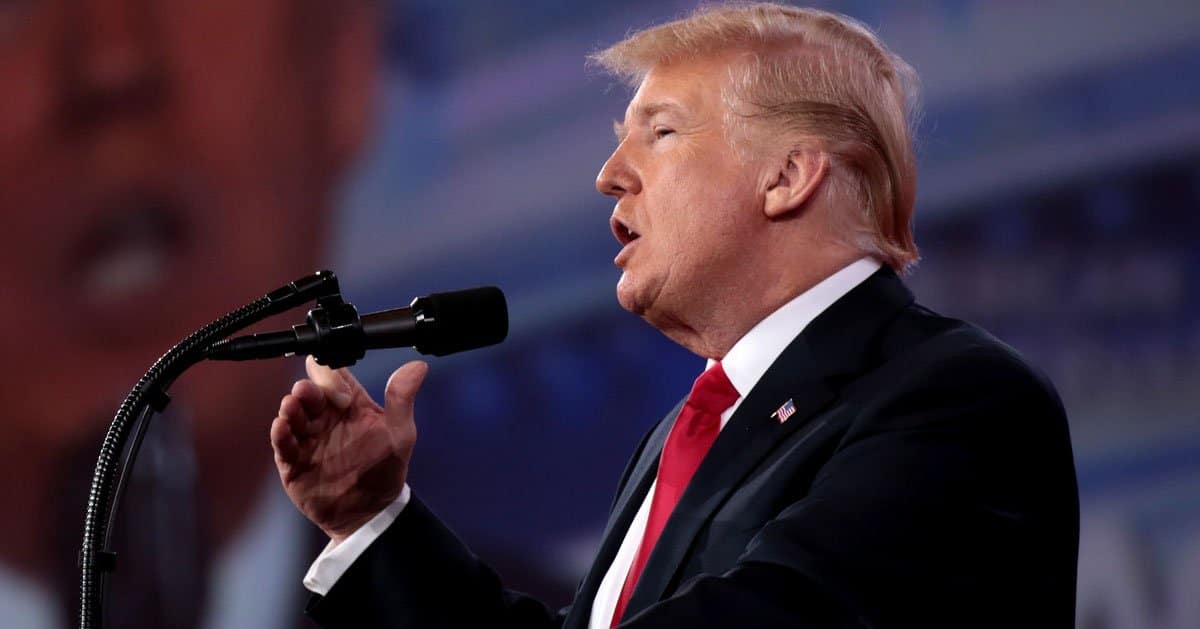






The U.S. Supreme Court has delivered a ruling that grants the Department of Homeland Security (DHS) secretary significant power to revoke visa petitions without the possibility of judicial review, sparking debates about the potential implications on immigration processes.
The Daily Caller reported that the decision stems from the case of Bourfa v. Mayorkas, where the court unanimously backed the DHS secretary's authority under federal law to rescind visa applications for "good and sufficient cause."
The origins of the case date back to 2015, when Amina Bourfa applied to sponsor her husband, Ala’a Hamayel, for U.S. residency. The application was initially approved by the United States Citizenship and Immigration Services (USCIS).
However, in 2017, this approval was abruptly rescinded following the discovery that Hamayel had paid $5,000 to his ex-wife to aid the visa facilitation process, an action perceived as circumstantial malfeasance.
Justice Ketanji Brown Jackson, delivering the court's opinion, reinforced the secretary's broad discretion under 8 USC §1155, emphasizing Congress's intent for the role to operate with significant independence on such matters.
The ruling highlights the authority of the DHS secretary to act decisively in matters of visa revocation, securing a key part of the immigration legal framework.
Adding further weight to the Supreme Court's stance, Justice Samuel Alito, during oral arguments, noted the language "good and sufficient" as conferring an exceptionally broad scope of discretion, further supporting the decision.
This removes any judicial recourse for those seeking to challenge visa revocations, underscoring the latitude given to executive determinations in immigration cases.
The implications of this ruling are profound, suggesting an immediate impact on how visa-related cases may be handled in the future. The decision effectively closes a loophole that allowed for judicial reviews of executive decisions, potentially streamlining the DHS's ability to manage immigration flows.
Statistics from the Office of Homeland Security Statistics (OHSS) show that there were 12.8 million legal permanent residents residing in the United States as of January 2024, with a large proportion entering as immediate relatives of U.S. citizens. The Supreme Court's decision could impact this trend by tightening controls on residency approvals.
In the political realm, President-elect Donald Trump's administration is set to see Kristi Noem, known for her support of stringent immigration policies, take up the role of DHS secretary. Tom Homan, the incoming border czar, has praised Noem, describing her as a quick learner with a nuanced grasp of border complexities.
The dual roles of the DHS secretary and the border czar have become increasingly significant under the current administration, which has prioritized immigration control as a cornerstone of its policy objectives.
This Supreme Court decision may lead to changes in how visa procedures are conducted, potentially introducing more rigorous scrutiny processes or additional checks to prevent similar instances of circumstantial malfeasance. The DHS is expected to enhance its mechanisms for vetting and verifying applications to ensure compliance.
The decision marks a pivotal moment in U.S. immigration policy, illustrating a shift in the balance of power towards the executive branch.
As the legal landscape evolves, stakeholders, including families of potential immigrants and legal advisers, will need to navigate this new terrain carefully.
Critics have raised concerns about the lack of judicial oversight, arguing that it could lead to potential overreach by the DHS.
However, proponents assert that such discretionary powers are crucial for maintaining the integrity and security of the immigration system.
Contextually, the ruling arrives amid ongoing debates over immigration reform, with various branches of government struggling to find consensus on the best path forward. The Supreme Court's decision reinforces the notion that certain executive determinations fall squarely within the purview of federal agencies without interference from the judicial branch.

